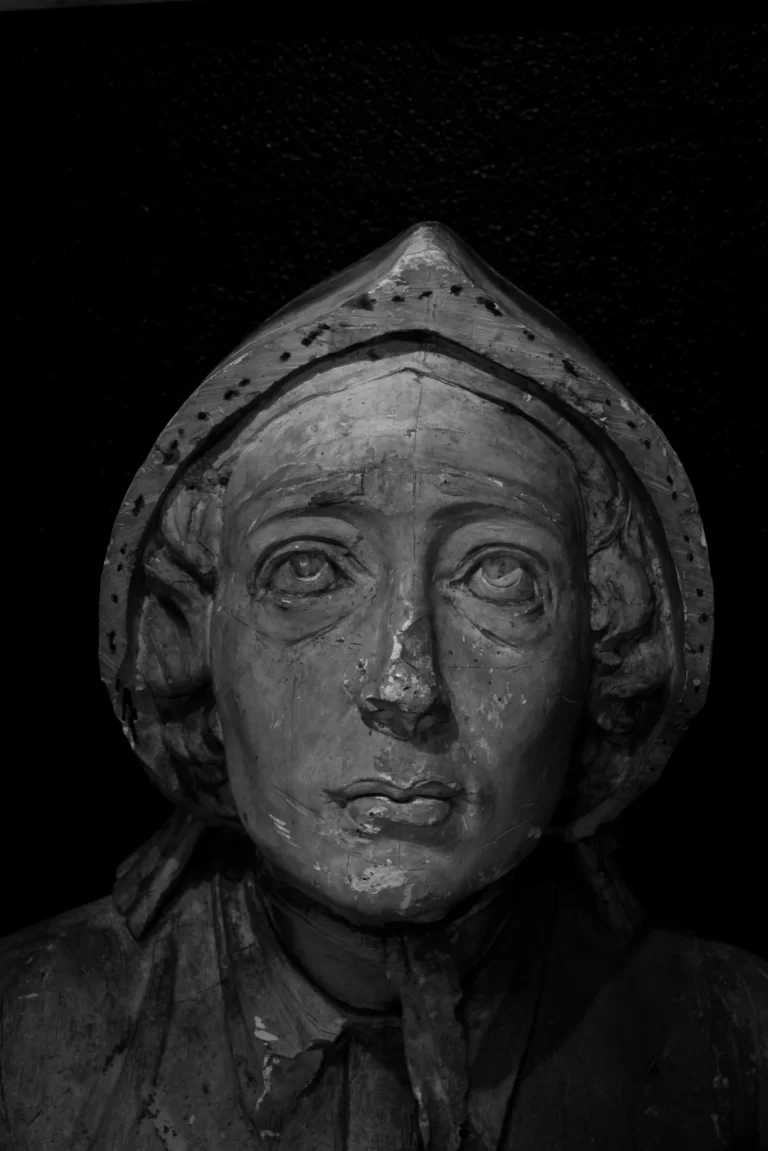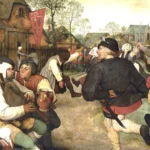
Did the Gods Really Need to Start a War?
Did the Gods Really Need to Start a War?
In the annals of Greek mythology, few tales are as dramatic and pivotal as the Titanomachy—the ten-year war between the Olympian gods and the Titans. But was this celestial conflict truly inevitable, or could it have been avoided? Let’s delve into the origins of this mythological war and question the necessity of such a destructive battle.
The Seeds of Conflict
The roots of the Titanomachy trace back to Uranus, the primordial god of the sky, and his consort Gaia, the Earth. Uranus, fearing the power of his children, imprisoned the Cyclopes and Hecatoncheires, beings of immense strength, within Gaia’s depths. Enraged by this act, Gaia conspired with her Titan children to overthrow Uranus. The youngest Titan, Cronus, castrated his father, seizing control of the cosmos. However, Uranus cursed Cronus, prophesying that he too would be overthrown by his own son .
Cronus, paranoid about the prophecy, began swallowing his children upon their birth. His wife, Rhea, deceived him by giving him a stone wrapped in swaddling clothes instead of their youngest son, Zeus. Zeus was hidden away and raised in secret, eventually returning to confront his father .
The War Unfolds
Upon reaching adulthood, Zeus freed his siblings from Cronus’s stomach and allied with the Cyclopes and Hecatoncheires, who had been imprisoned by Cronus. The Olympians, led by Zeus, waged war against the Titans, culminating in the Titanomachy. After a decade of fierce battles, the Olympians emerged victorious, and the defeated Titans were imprisoned in Tartarus .
The Aftermath and Questions
The Olympians’ victory marked the dawn of a new era in Greek mythology, with Zeus reigning supreme. However, the question arises: Was the war truly necessary? The Titans, though powerful, were not inherently malevolent. Their rebellion stemmed from a desire for freedom and power, not from an intrinsic evil nature. The Olympians, on the other hand, sought to establish their dominance, leading to a conflict that reshaped the divine order.
This raises a broader question about the nature of power and succession in mythology. Is the overthrow of one ruler by another a natural progression, or does it reflect a deeper commentary on the cyclical nature of power struggles?
Conclusion
The Titanomachy serves as a compelling narrative in Greek mythology, illustrating themes of power, prophecy, and rebellion. Yet, it also prompts reflection on the necessity and consequences of such conflicts. Was the war between the Titans and Olympians an unavoidable clash of generations, or could dialogue and understanding have prevented the devastation? The myth leaves us pondering the complexities of power and the costs of ambition.






